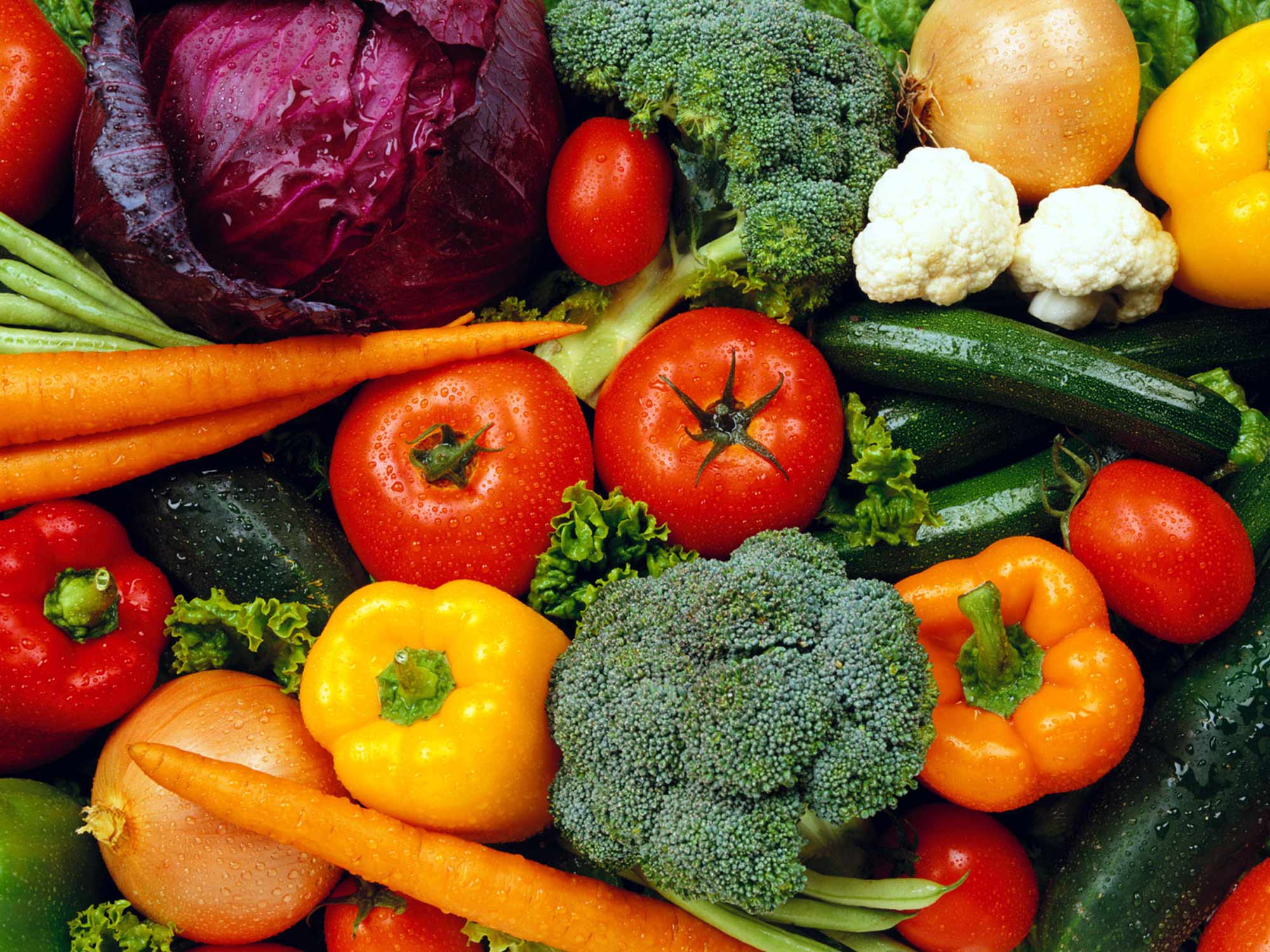There are many other forms of mulch that you can use instead of store bought, plastic wrapped mulches. Store bought mulches are great, they should contain no seeds and no pathogens. They are easily transported due to the wrapping and are generally an affordable option. There are other options available though that you can grow at home and harvest yourself.
These can include:
- Lucerne
It is nitrogen fixing, deep rooting, extracts water and nutrients from deep within compacted soils. Harvest before flower set for best nitrogen release from the nodules on the roots.
- Clover
It is a nitrogen fixating cover crop.
- Green manure crops: borage, buckwheat, fenugreek, lupins, mustard, sun flowers.
Please refer to my article ’Green Manures’ in the blog/article section
- Lawn clippings
Leave lawn clippings for a few days to a week to start to break down before applying to soil. High in Nitrogen. Keep in mind: have you sprayed chemicals on your lawn? Are you adding them to your vegetable garden? Thick layers can dry out and form a crust or impervious barrier for water penetration. Rough up occasionally and apply some organic fertiliser pellets into the mulch to aid in efficient breakdown.
- Algae
Algae from dams and waterways are high in nitrogen. Simply scoop it off the surface and apply directly to the garden.
- Arrowroot
Fast growing.
- Acacia (wattle) and other nitrogen fixing shrubs
Provides Nitrogen.
- Sawdust
It must be aged for a length of time to be useable. These can be acidic and best used for native plants and larger shrubs. It is great as a weed suppressant through pathways of your orchard.
- Leaves
Be sure to let age before use to start to break down. Pine needles and Eucalyptus sp. are highly acidic and are not suitable for the vegetable garden. Save them for the strawberry patch or established trees. Use aged chook manure, spread lightly, through your compost pile layers to aid proper break down of these types of leaves. A wire cage 1m by 1m, lifted off the ground (to aid bottom air flow) allows high temperatures to be achieved. This will help create a useful compost/mulch from these plant materials.
- Old clothes!
Probably best to give to a local charity store but they can always be used as mulch.
- Manures from cattle
Most commercial grazing animals are regularly wormed on a 3 month basis. Let the manure sit for at least 3 months to expel any worming agents before putting on or into your vegetable garden. You don’t want to kill your earthworms!
- Lemongrass
It is fast growing but low fertility. Great as a windbreak or to help stop unwanted grasses forming.
- Comfrey


